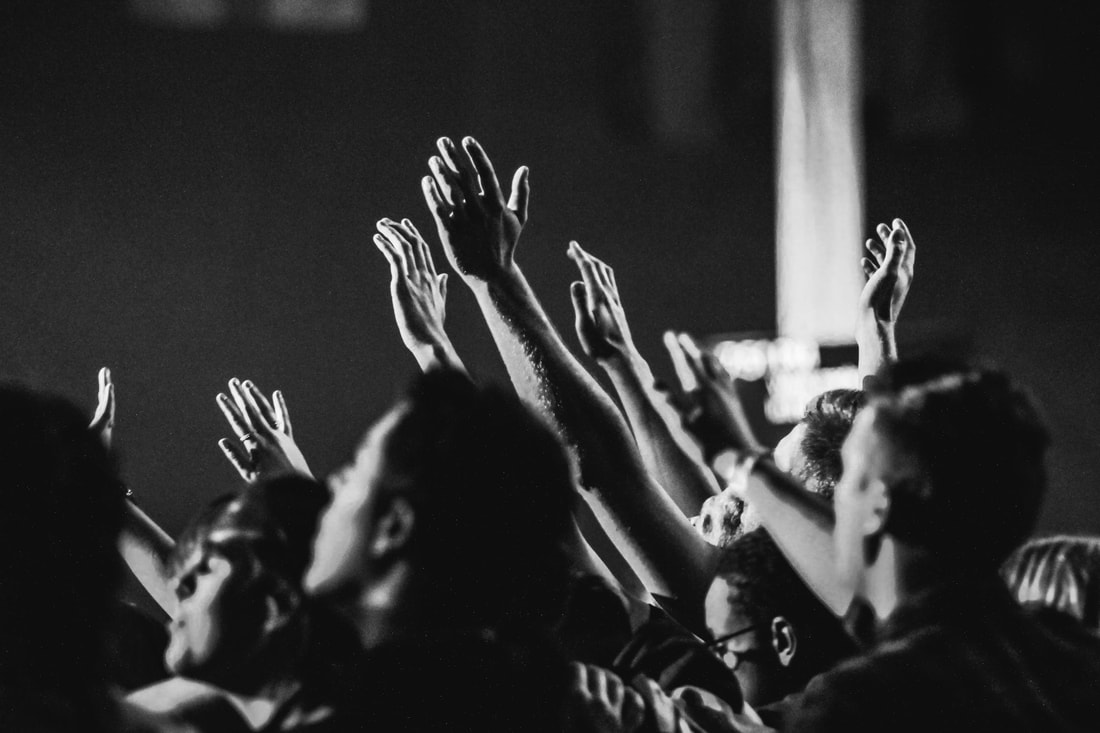|
If you’ve had any in-depth conversations with me, you know that I’ve found myself on both sides of religion. I’ve had periods in my life where I was so devout I was discerning the priesthood, and I’ve had periods where I was an evangelical atheist telling everyone I could about Sam Harris and watching Bill Maher mock religion. As a coach of people who fall on all sections of the religious spectrum, I’ve come to look at the question from another angle – is religion necessary for a truly happy life? Or are religious people more happy than unaffiliated people? Setting aside the argument about whether one religion or another is true (which would make the answer an obvious yes), let’s simply look at data and psychological concepts to derive a more “scientific” answer. According to Pew Research, there is a pretty wide gulf in happiness between the religious and the non-religious.
If you look at Pew’s numbers, in America 36 percent of actively religious people describe themselves as “very happy.” The other camps of both non-religious and inactively religious are “very happy” about 25 percent of the time. On top of the happiness gap, there is also a gap in participation in other areas of life. Those who are actively religious also get active in other, non-religious groups like charities or clubs. This also carries over into civic participation seeing as religious people vote in much higher numbers than the non-religious. From a practical viewpoint, this all makes a great deal of sense. Whatever the truth is in religion, these religious activities have been the backbone of human communities for centuries. These communities have a paint-by-numbers approach to building the love/connection with others that has served us since the beginning of recorded history: Rest and worship with friends on Sundays. Find people in that community with similar interests and build even more clubs and routines from there. With all the different churches and faiths, it’s likely you’re surrounding yourself with people who share a lot in common with you which makes rapport amongst the crowds even easier. The rise of the “nones” (the religiously unaffiliated) is a new phenomenon that is challenging individuals and communities moving forward. Is it surprising that happiness is declining, and unrest is increasing as we have eroded a tried-and-true piece of society? No, it really isn’t surprising at all. You can’t just take something out of the human experience and then replace it with nothing and expect to create an equally fulfilled population. If you’re a non-religious person who has no intention of joining a church, be intentional about how you’re going to meet your 6 human needs in the absence of religion which fulfills those for so many. Religion targets your 6 human needs of certainty, variety, love/connection, significance, growth, and contribution directly. These needs of course can be met in a number of ways, but people who aren’t following a tried-and-true formula need to chart their own course precisely - perhaps with an awesome life coach of your own. And if you are a religious person who hasn’t been participating out of a lack of drive or your routine was disrupted by life, the room for improvement is easy and obvious – it’s just a matter of recreating the habit you’ve lost.
1 Comment
1/26/2024 02:20:30 am
Home Depot, founded by Bernard Marcus, Arthur Blank, Ken Langone, Pat Farrah, and Ron Brill, offers a customer feedback survey at https://www.homedepotcomsurvey.co/. Upon completing the official survey, loyal customers have the chance to win a $5000 Gift Card. This survey allows customers to provide valuable feedback, which enables Home Depot to improve its products and services. It also demonstrates Home Depot's commitment to customer satisfaction and appreciation for customer input.
Reply
Leave a Reply. |
Andrew WarnerYour life coach. The Andrew Warner Podcast:Archives
November 2021
Categories
All
|
CompanyLife coach based out of Indianapolis, IN but helping people everywhere.
|
|



 RSS Feed
RSS Feed